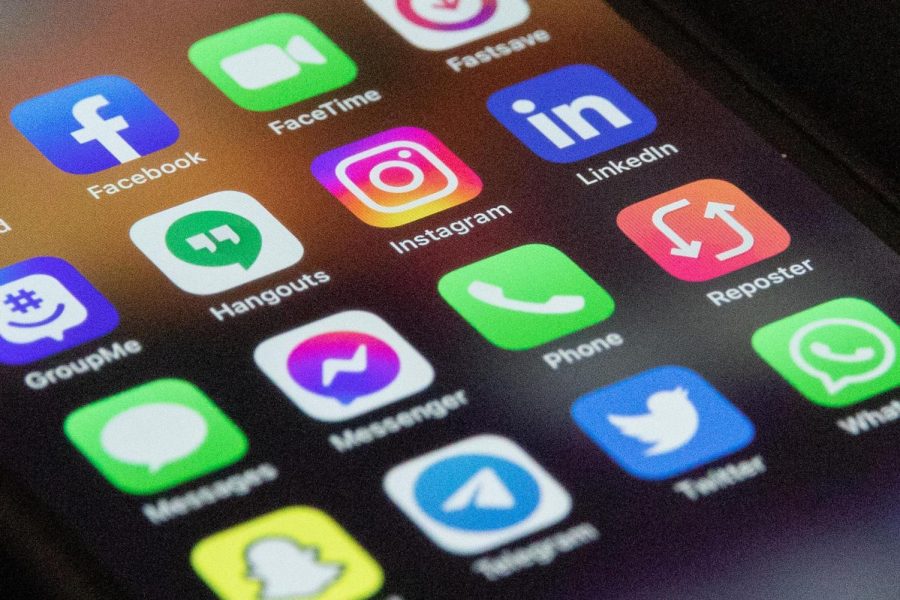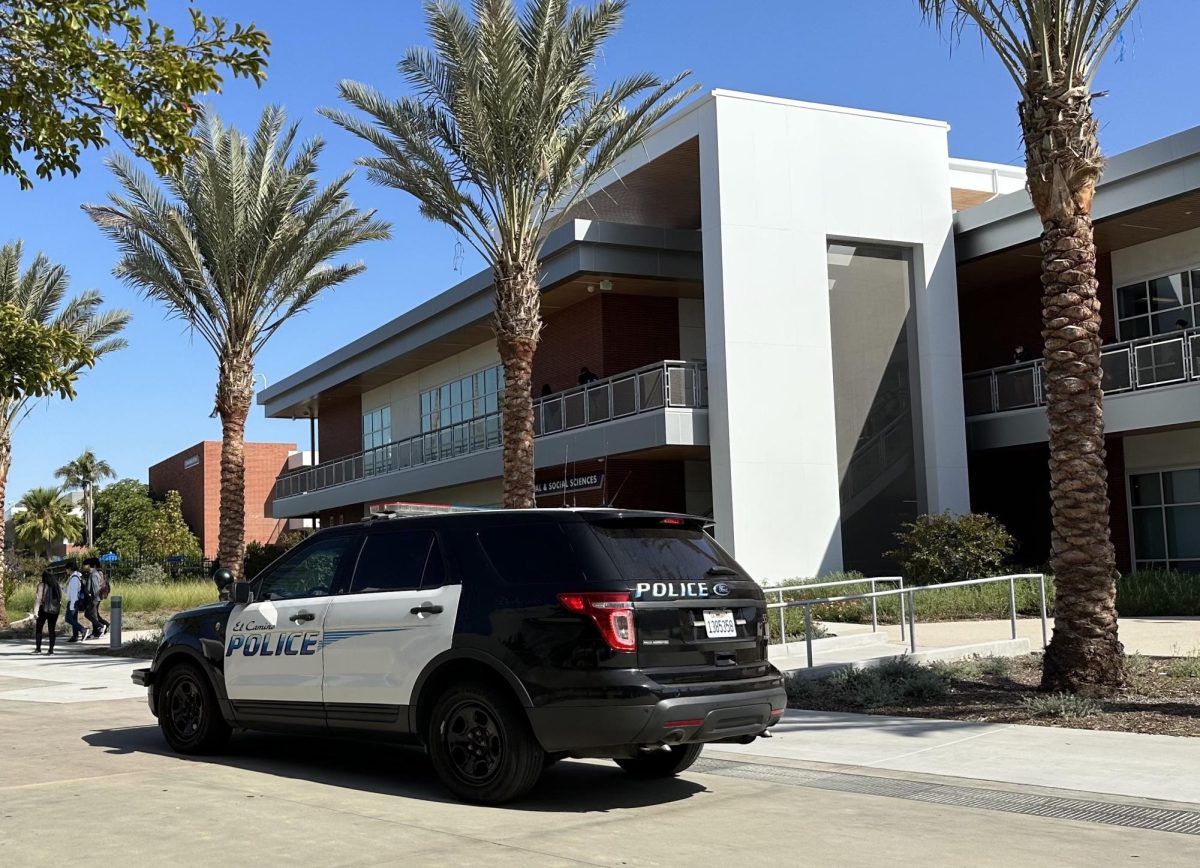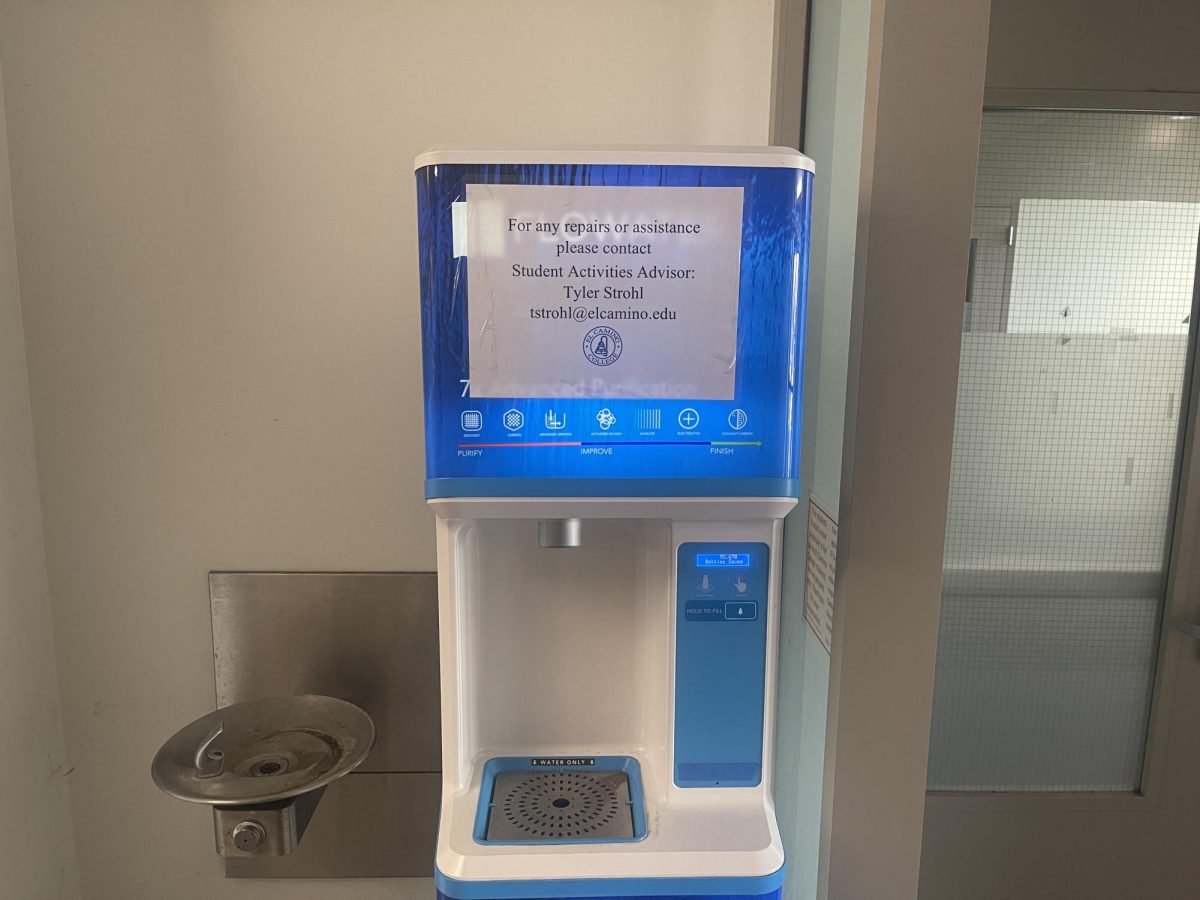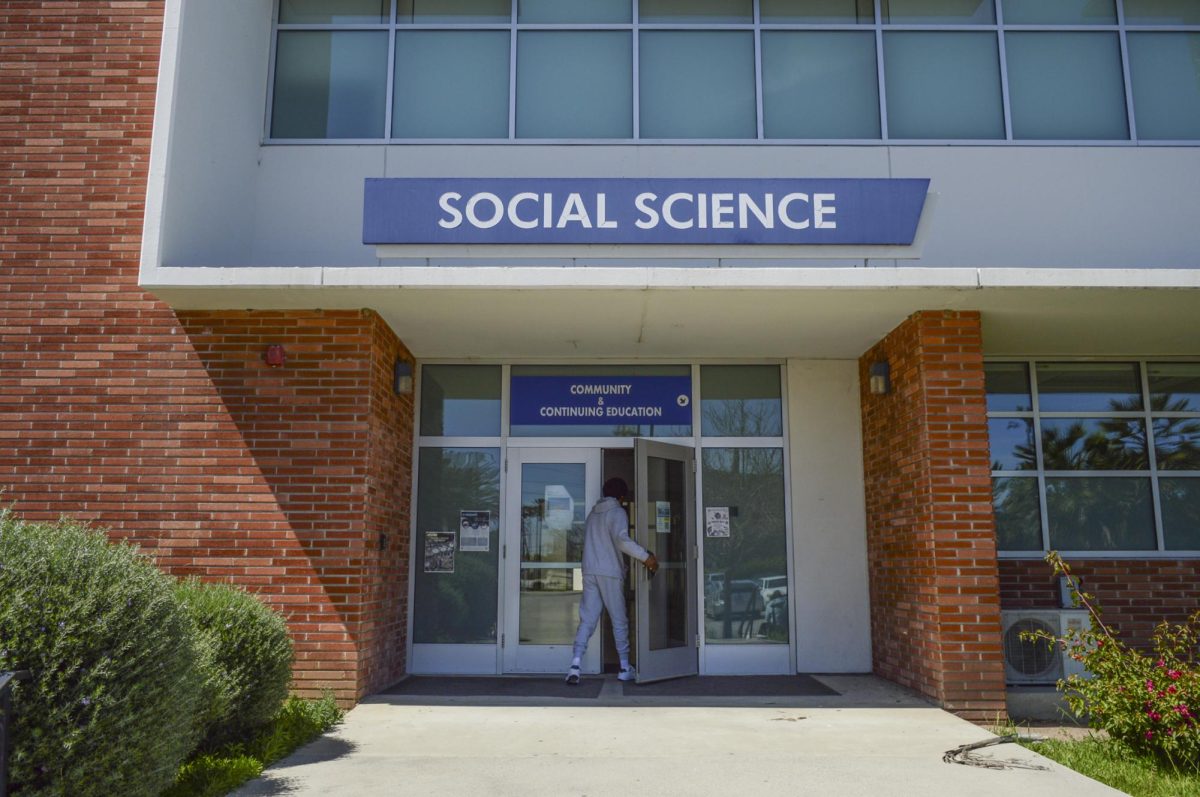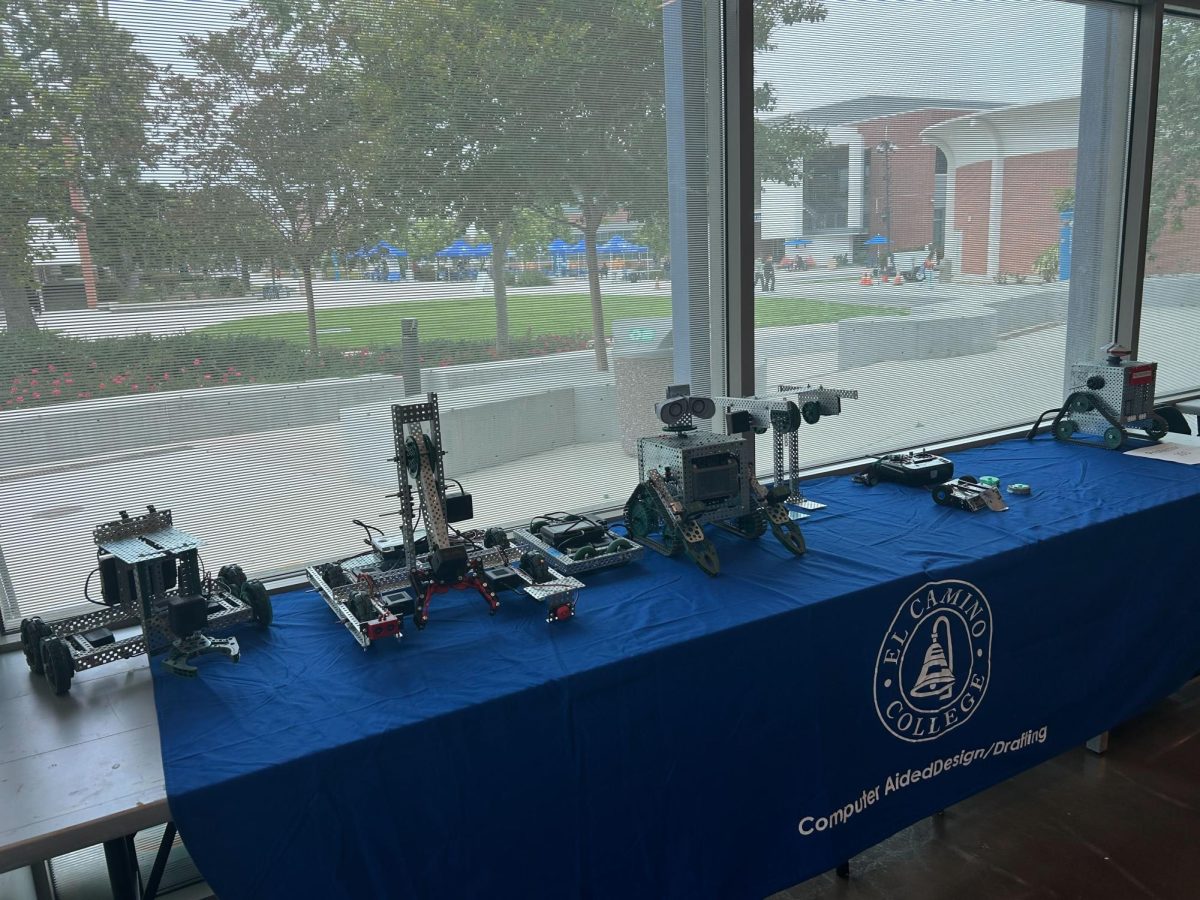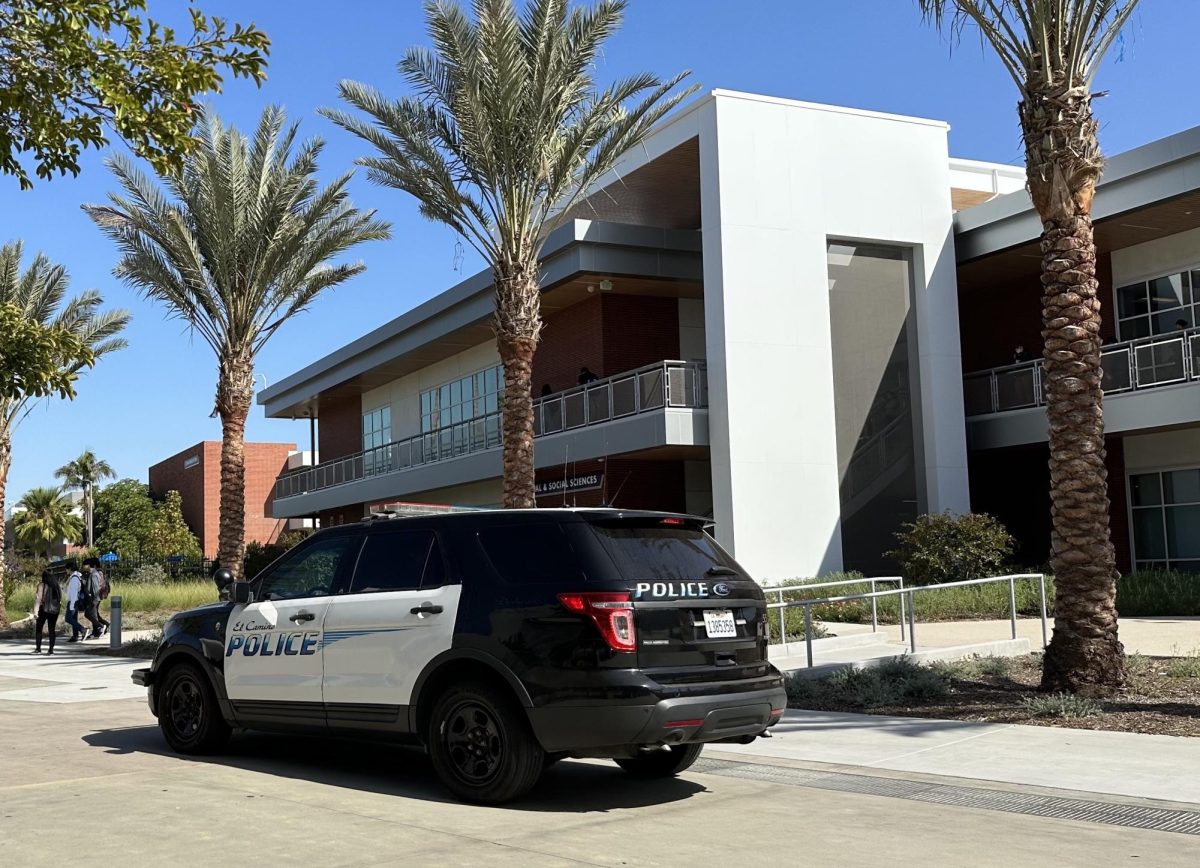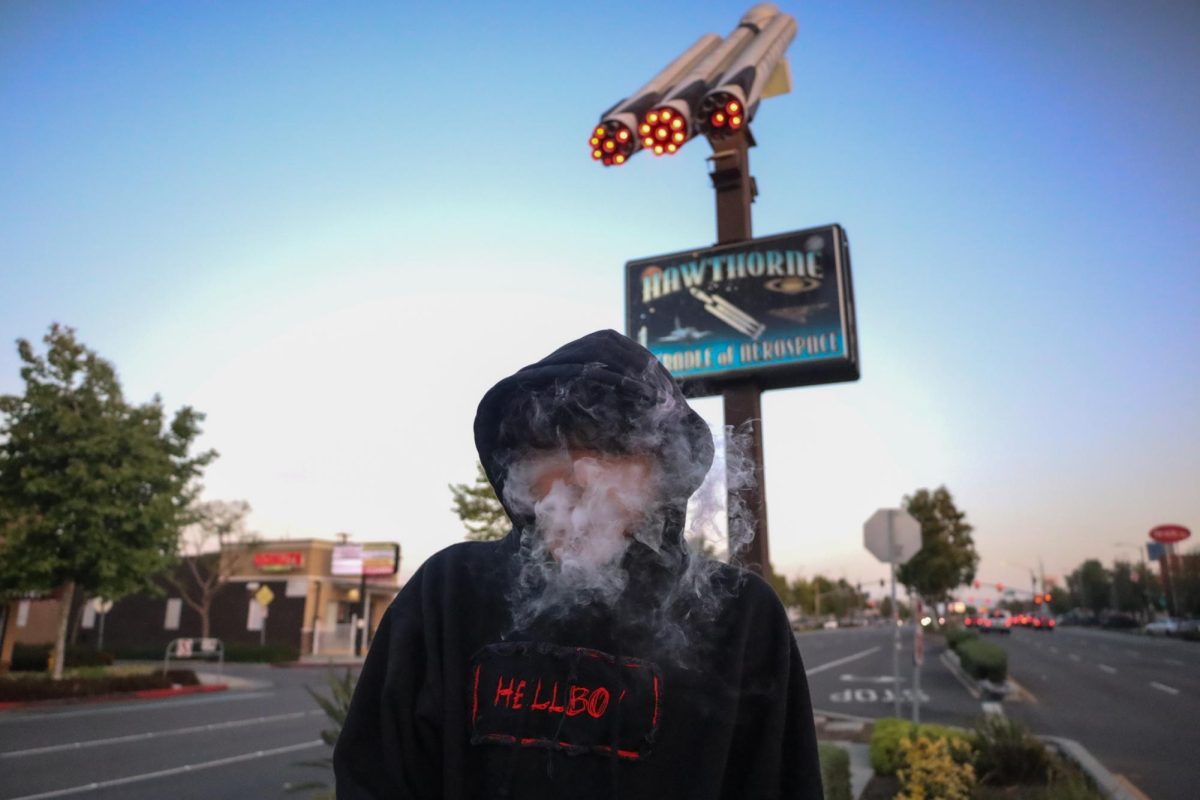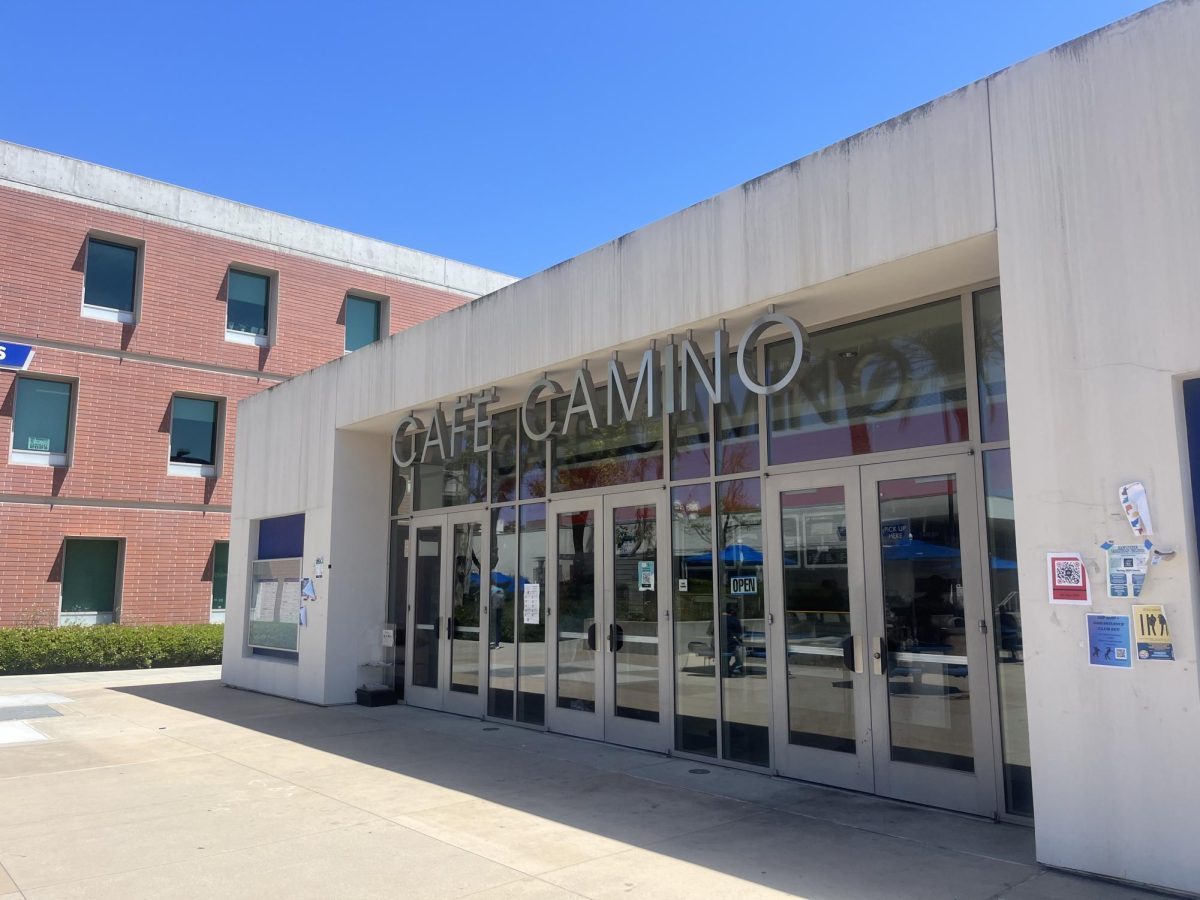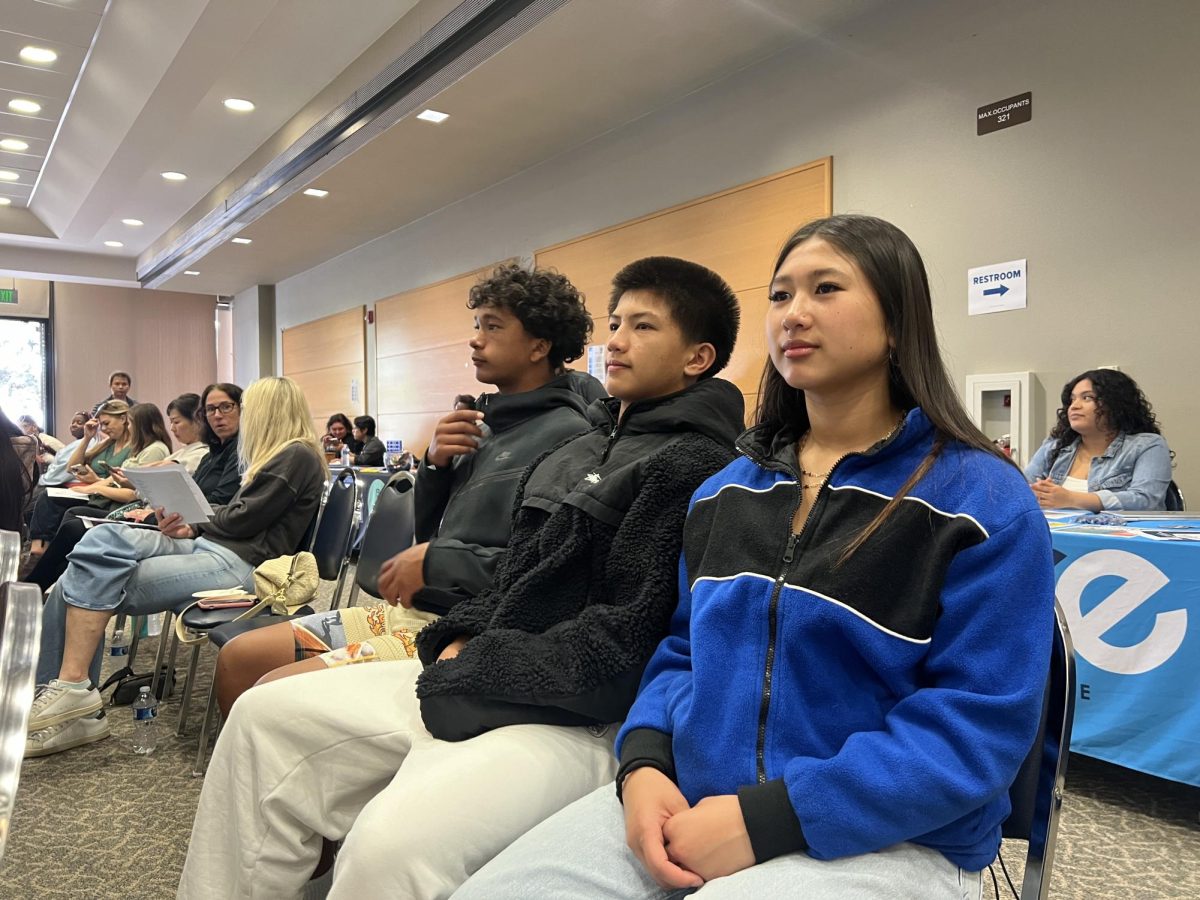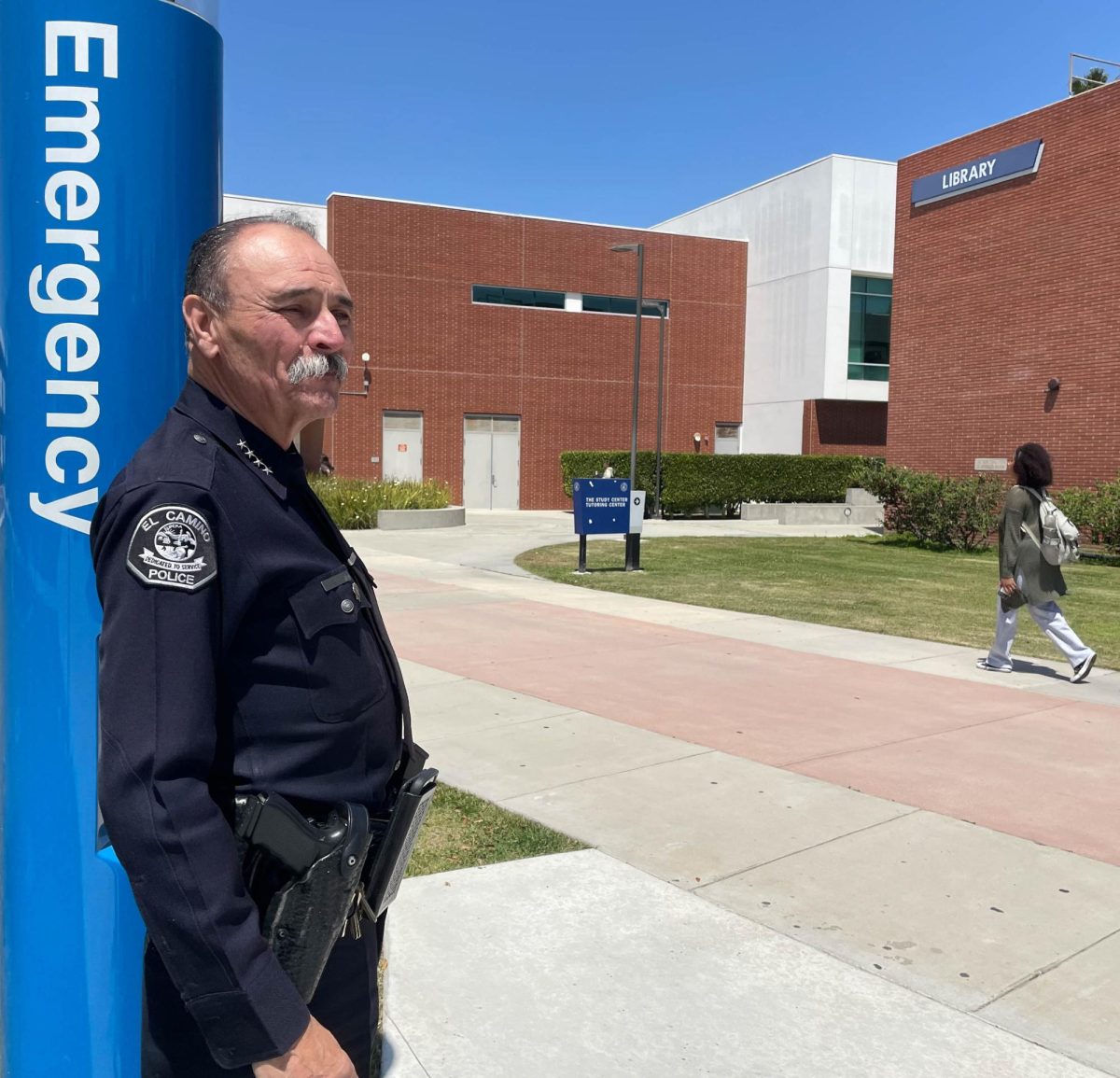As social media use continues to rise annually, increasing integration into the daily lives of Americans raises concerns about addiction and its negative effects on mental health.
With millions of users spending excessive time on platforms including TikTok, Instagram, Snapchat and Twitter, the amount of time spent using the application(s) is so great millions have developed a serious addiction.
The most affected demographic in the U.S. lies in most adolescent individuals having shown habits of logging nearly five or more hours daily.
In a study conducted by Cross River Therapy, 70% of teens and young adults in the U.S. have a social media addiction with an average usage of two hours.
About 10% of individuals in the nation, or 33.19 million Americans, are impacted by social media addiction.
Radiology technician major Rahlynn Owens believes socioeconomic status affects how people utilize platforms.
“It depends on who you are,” Owens said. “If you’re a person who doesn’t care about getting lots of attention and likes, then it is not addictive. I think there are posts that also kind of get people’s attention too though.”
Algorithms are created to keep users on the social media app as long as possible. Based on a user’s behavior, social media algorithms take control and decide which material to deliver on a feed.
Social media is also a popular tool for business promotion which previously relied on traditional media like radio, newspapers and ads on television. However, consumer intake is much higher on social platforms.
According to Retail TouchPoints, 76% of shoppers have bought a product they saw in a brand’s social media post, with 11% making instant purchases and 44% of purchases being made online at a later date.
About two-thirds of customers clicked on links to things they weren’t initially interested in buying.

Some individuals believe social media has certain benefits, like Yaseen Junaidean, an undeclared 21-year-old El Camino student.
“It keeps you well connected,” Junaidean said. “You can have friends that you don’t talk to or see daily. Through social media, it’s like keeping in contact to see what they’re doing well or if they aren’t doing so well.”
The same sentiments were expressed by Owens as well, but she also spoke of the emotional stress caused by persistently posting without getting any attention.
“Somethings you won’t know how to do, and you see a video on Instagram and you’ll be like, wow, I never knew that,” Owens said. “Other videos are like people having a good time, and you’re like wishing you were there.”
According to the adolescent recovery center Stonewater, youth addiction to social media is caused by pressure to fit in and deal with life’s issues.
Still, while doing so, teenagers risk being continuously sidetracked or stopped by unrealistic relationships, which can result in bullying and cause low self-esteem, anxiety or depression.
Information systems professor at California State University, Fullerton Ofir Turel believes social media addiction is caused by people feeling rewarded, which encourages them to use the platform more and more.
“There are important distinctions between substance addiction and social media addiction,” Turel said. “With nonsubstance addiction, like social media, video games and gambling, it’s not substances that cause addiction; it’s their reward.”
Contrary to substance abuse, which bonds with the brain and impairs behavior control due to neurotoxicity, non-substance abuse is more of a mentality.
In the end, however, Turel believes social media addiction is easier to overcome as long as people are aware of its potential.
“Just be aware,” Turel said. “Most people have the ability to control their social media usage.”



